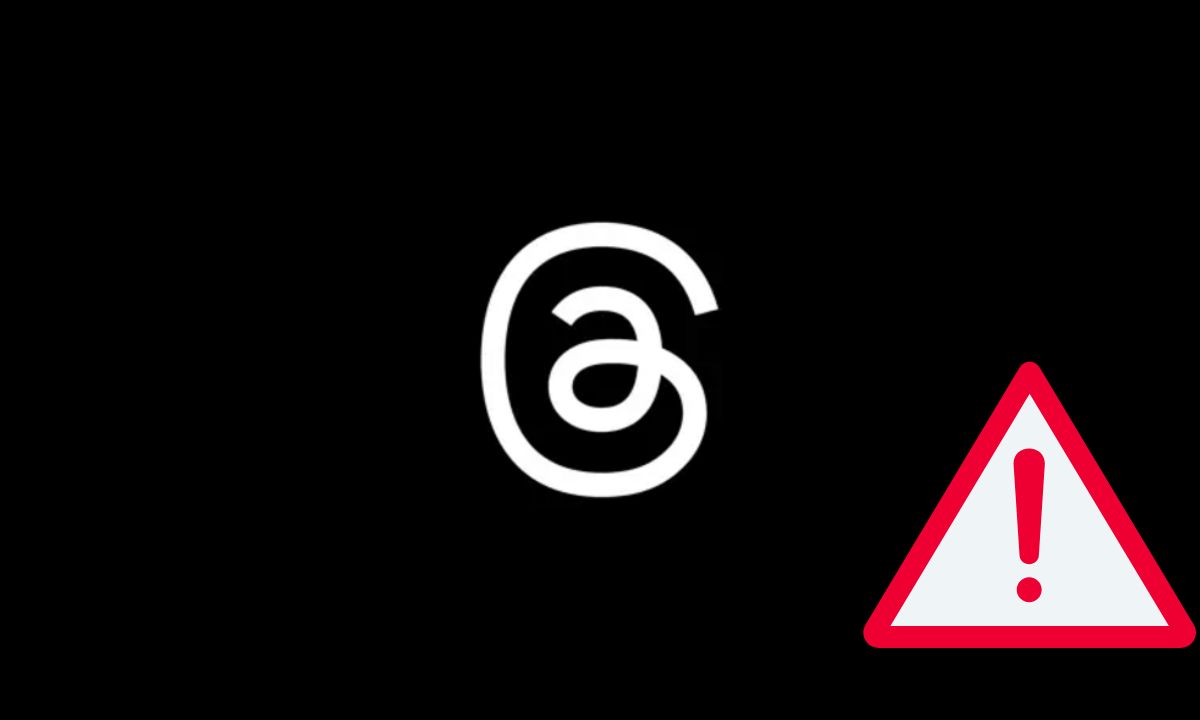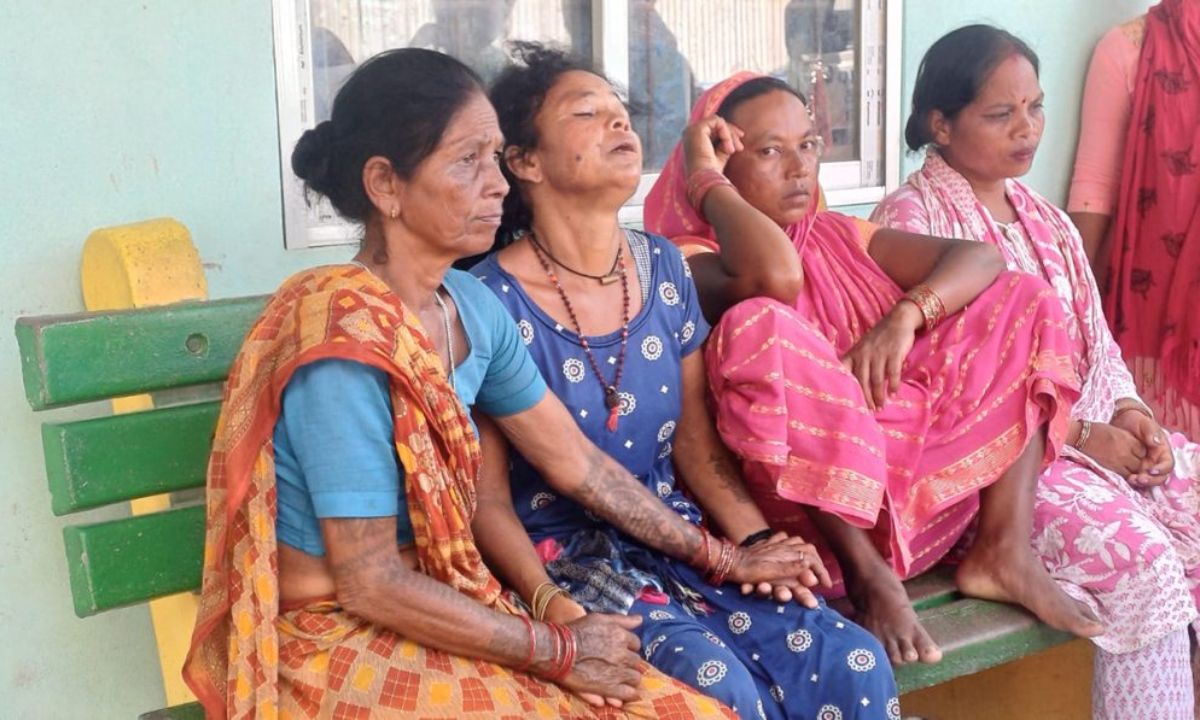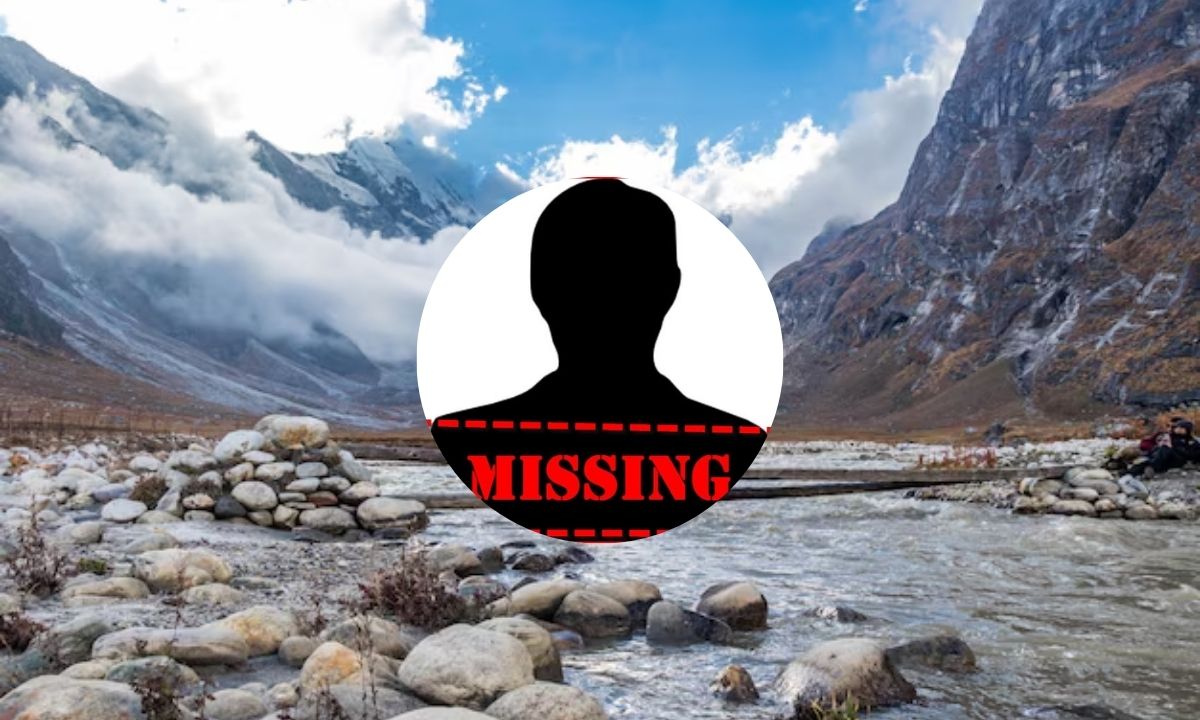The government of Nepal had planned to pass the school education bill by Asar 15, 2082 (around late June 2025). This bill aims to bring new rules for private schools and restructure education offices across the country. However, the bill’s approval is now expected to be delayed.

Committee discussions face hurdles
The education, health, and information technology parliamentary committee in Kathmandu has been discussing the bill’s provisions for several weeks. Despite the government’s commitment and an agreement with the teachers’ federation to pass it by Asar 15, some parts remain unresolved.
Key issues under debate
One major point is the management of private schools. The government proposes to allow private schools to operate under company law instead of the current educational trust (guthi) system. This change is meant to simplify school registration and management. However, some committee members are still debating this.
Another important topic is restructuring the district education offices. Under Nepal’s federal system, the government wants to convert these offices into “education development and coordination units” to better coordinate education between federal and provincial levels. Some lawmakers oppose this idea, causing delays.
Exam management and early education
The committee members have agreed that the Secondary Education Examination (SEE) for grade 10 will be managed at the provincial level. This means each province will handle exam organization according to its own laws.
There is also ongoing discussion about early childhood education. Parties want to include early childhood development in grades 1 to 8 and extend the early childhood program to two years. However, the government has not yet fully agreed on these proposals.
Next steps
The education, health, and information technology committee will continue its meetings at Singh Durbar, Kathmandu. The next scheduled meeting is set for Friday morning at 11:30 am. The government and lawmakers are trying to reach consensus soon to avoid further delay.

Agreement Between the Government and Teachers: A 9-Point Consensus
Dated: 18th Baisakh 2082 (May 1, 2025)
This document outlines a significant 9-point agreement reached between the government and teachers in Nepal. The consensus addresses various long-standing demands and aims to improve the working conditions and welfare of educators across the country.
Here are the key points of the agreement:
- Healthcare Access: All teachers and staff will be provided with easy access to treatment facilities.
- Sick Leave Monetization: Teachers on temporary contracts (including relief, temporary, and contractual staff across all levels of education including technical, vocational, special education, and child development) will receive a lump sum payment for any accumulated, unused sick leave at the time of their service termination.
- Remuneration for Support Staff: Remuneration for primary level child development facilitators and other school staff will be standardized and arranged according to the regulations set by the Government of Nepal.
- Grade and Salary Equivalence for Permanent Teachers: Starting from the upcoming fiscal year 2082/83, permanent teachers in Primary Third, Primary Second, Lower Secondary Third, and Secondary First categories will have their grades and salaries made equivalent to those in the civil service.
- Accidental Insurance: All teachers, whether permanent or temporary (including relief, temporary, and contractual staff across all educational levels, technical, vocational, and special education), will be provided with accidental insurance as per the prevailing laws.
- Social Security for Community School Staff: Regulations will be put in place to include private-source teachers and staff working in community schools under the social security framework.
- Reinstatement of Blacklisted Teachers: Teachers who are currently on the Nepal government’s blacklist will be included, implying their reinstatement and removal from the blacklist.
- Free Treatment for Agitation-Related Injuries: Teachers, security personnel, journalists, and staff who sustained injuries during the Nepal Teachers‘ Federation’s agitation will receive free treatment in government hospitals.
- Salary and Grade Alignment for Lower Secondary Teachers: The salary and grade of Lower Secondary First category teachers will be made equivalent to those of Secondary Second category teachers.
This agreement marks a crucial step towards addressing the concerns of the teaching community and is expected to have a significant impact on the education sector in Nepal.







